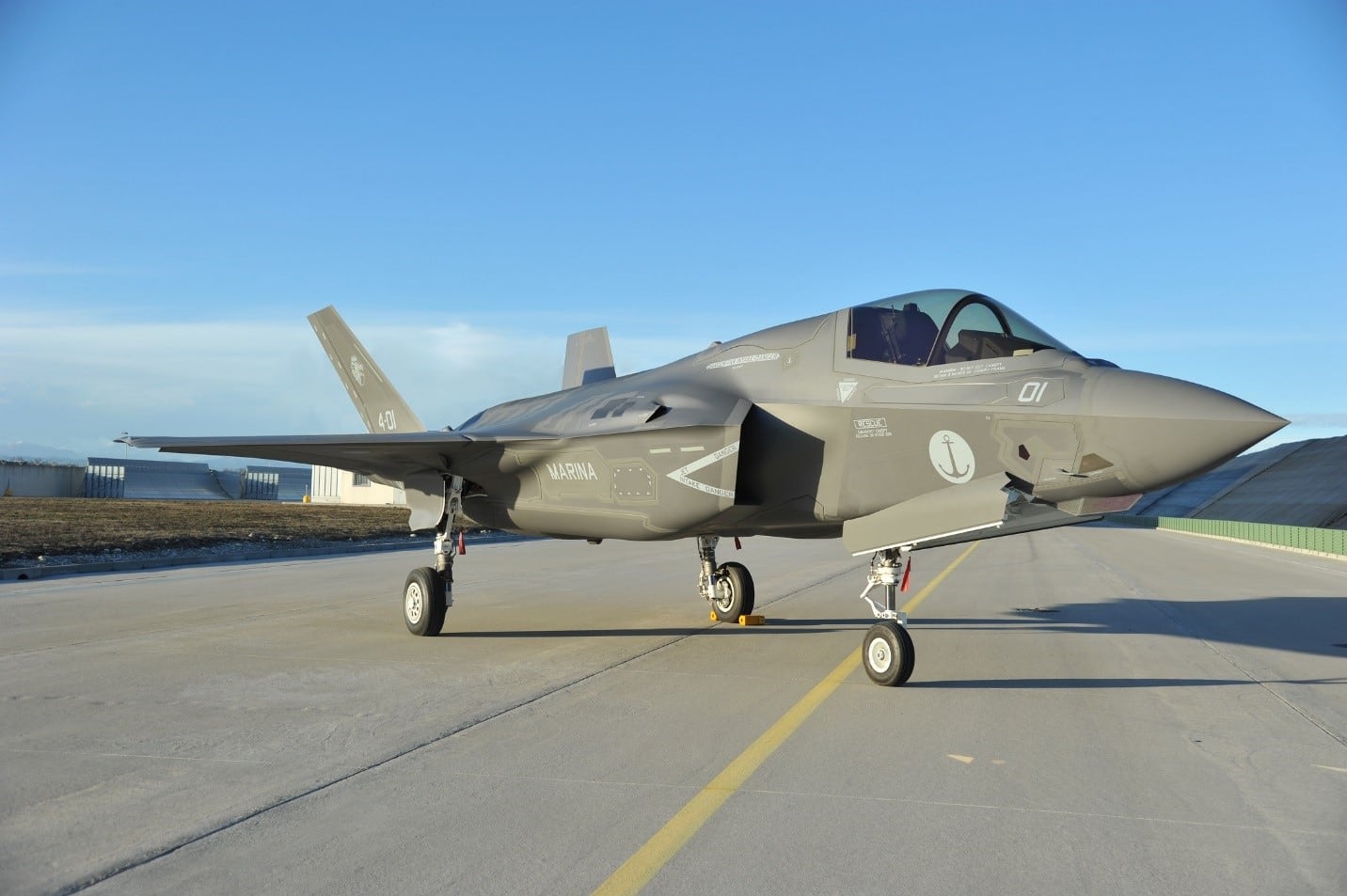ROME ― Italy’s new populist government has alarmed NATO and U.S. officials with plans to forge closer ties with Russia and to overturn sanctions imposed on Moscow after its reported 2014 military intervention in Ukraine.
In his debut speech to Parliament this week, Italy’s new prime minister, Giuseppe Conte, said Italy remained a “privileged ally” of the U.S., but added: “We will be the advocates of an opening towards Russia, a Russia which has consolidated its international role in recent years in various geopolitical crises.
“We will promote a revising of sanctions, starting with those that demean Russia civil society.”
Conte’s words reflected the pro-Russian stance of the Italian League party, one of two Italian populist parties that formed the new coalition government, which was sworn in last week.
Commenting on the speech, NATO Secretary General Jens Stoltenberg warned Rome: “We must maintain political dialogue with Russia, but the economic sanctions are important.”
For the U.S., its ambassador to NATO, Kay Bailey Hutchinson, said: “We believe that the sanctions must be maintained on Russia until Moscow changes its behavior.
“It is important that our allies should remain solid on this position .... at least until Russia changes its stance because otherwise it would be a very bad signal to send to Moscow.”
Russian Foreign Minister Sergey Lavrov appeared delighted, claiming the Italian prime minister’s speech “shows the intention of the new head of the government to cooperate with our country, and Russia intends to do the same.”

Matteo Salvini, the head of the anti-migrant League party, visited Moscow to sign a cooperation agreement that included information sharing with the ruling party United Russia in 2017, and he has called Russian President Vladimir Putin “one of the greatest statesmen.”
Beppe Grillo, the comedian who founded Five Star, the second party in the ruling coalition, has said the world needs “strong statesmen” like Putin.
The populist coalition formed by the two parties was sworn in last week following a near three-month period of fruitless talks to create a government following inconclusive elections on March 4.
Any moves by Italy, a founding member of the European Union, to break the sanctions imposed by the U.S. and Europe would seriously destabilize the united front assembled to challenge Russian influence in Ukraine.
“NATO’s Stoltenberg is concerned that by opposing sanctions, Italy is distancing itself from the NATO concept of common defense,” said Jean Pierre Darnis, a scientific adviser at Rome’s IAI think tank.
Alessandro Marrone, head of defense programs at IAI, said the Italian prime minister had chosen his words carefully. “He spoke of revising sanctions, not of a unilateral pullout, which I don’t see happening,” he said. “The new foreign minister is also very pro-European, and the parties didn’t fight their election with promises to ally with Russia, which is reassuring.”
However, one concern for Italy’s Western partners is the League party’s hostility to the use of Italian troops to bolster NATO defense of the Baltic states against possible Russian aggression.
About 200 Italian troops are currently in the region, and Italian Air Force jets have been sent to patrol the border.

In October, League leader Salvini denounced the dispatching of troops and aircraft, calling it “anti-Russian madness” and saying that “whoever does war games against Russia is mad or in bad faith. Let’s use arms and soldiers against ISIS [the Islamic State group], not against counties who fight it.”
The new government is also seen as unwilling to support the U.S. military effort in Afghanistan. “We have 1,000 troops there now — will they be seen as better off in Libya or Niger?” Marrone said.
Despite frequent statements by the Five Star party about cutting Italian defense spending and axing the F-35 fighter jet program, the joint policy program drawn up last month by the two parties states that protecting the Italian defense industry is “essential.”
RELATED

On Wednesday, Five Star leader Luigi Di Maio visited a facility owned by Italian defense giant Leonardo, where he met CEO Alessandro Profumo.
Marrone said he believes new Defence Minister Elisabetta Trenta would back defense investment. A former defense academic at the Link University in Rome, Trenta has also served in the Italian Army’s civil reserve unit.
During the three months it took to form the new government, the outgoing center-left government stayed on in a caretaker capacity but only handled day-to-day business, leading to speculation that ongoing talks with France to create an Italo-French naval shipbuilding group would slip.
The CEOs of Italian state-controlled shipyard Fincantieri and France’s Naval Group, as well as government representatives, have been discussing a merger of the firms to reduce the fragmentation of Europe’s naval industry. They hoped to reach a deal by the end of June that they could propose to their respective governments.
One of the key Italian decision-makers will be the minister of economic development, a role taken by Five Star leader Di Maio.
“I don’t see why the new government should have a radically different view of this merger than the previous government ― the only problem could be political hostility between Italy and France, given the relationship has been delicate for a few years,” IAI’s Darnis said.
An Italian industrial source said the two firms would make the June 30 deadline. “I am convinced of this because during these months they have continued to work hard,” the source said.
Tom Kington is the Italy correspondent for Defense News.








